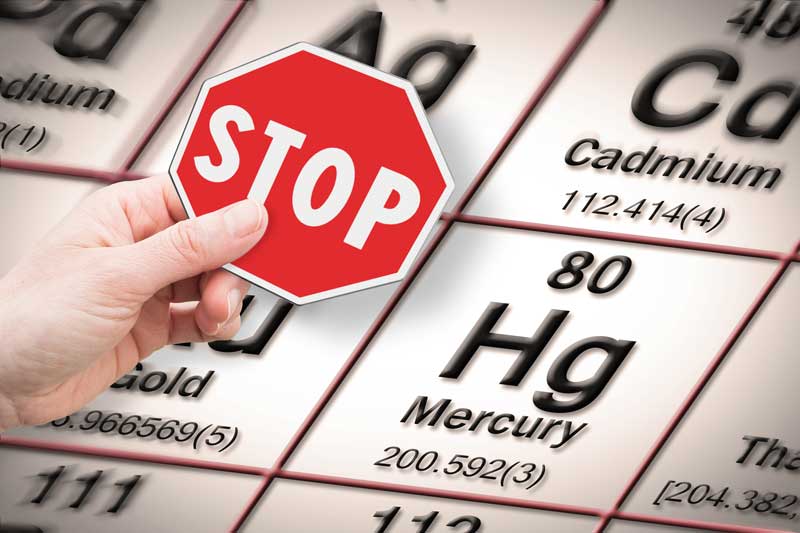blog
Unveiling the Mysteries of Heavy Metals: Testing and Interventions By Dr. Yassin
1. What are Heavy Metals?
Heavy metals are naturally occurring minerals found in nature. However, when consumed in excessive quantities, they can become toxic. Common examples include mercury, cobalt, cadmium, lead, and uranium. Over time, and especially as we age, our bodies accumulate these metals, which can reside in tissues such as bones and muscles.
2. The Health Implications of Heavy Metal Accumulation
The presence of a high number of heavy metals in our system isn’t just a trivial matter. It’s associated with a range of adverse health conditions:
-
Heart problems: Heavy metals can interfere with cardiovascular health, leading to heart-related issues.
-
Chronic fatigue: The persistent feeling of tiredness and lack of energy might be attributed to heavy metal accumulation.
-
Neurodegenerative diseases: Heavy metals have been linked to conditions such as Parkinson’s and Alzheimer’s, affecting cognitive functions and motor skills.
3. Detecting Heavy Metals: Beyond the Surface
Contrary to what one might think, heavy metals prefer to remain hidden, often inside our cells. There are several testing techniques to determine their presence:
-
Blood Test: Provides information about the circulating levels of heavy metals in the plasma.
-
Hair Mineral Analysis: As hair is an excretory organ, this test reveals the metals that have been excreted through it.
However, these methods have limitations. They might not give a complete picture of the metals residing within our cells. For a more accurate detection, a gold standard test is recommended. This involves a provocation to release the heavy metals, followed by a 24-hour urine collection.
4. Therapeutic Interventions: Eliminating Heavy Metals
Once the presence of heavy metals is confirmed, the next step is to find ways to reduce or eliminate them. Here are some effective approaches:
-
Chelating Agents: These are substances that can bind to heavy metals and help in their excretion. They can be administered orally, rectally, or intravenously under medical supervision. Different agents have affinities for different metals. For instance:
- EDTA: Known for its affinity for lead.
- DMSA: Effective against mercury.
-
Natural Binders: Apart from chelating agents, there are natural substances like glutathione and binders like charcoal that aid in scavenging and removing heavy metals from our system.
In conclusion, the presence of heavy metals in our body can have significant health implications. However, with the right testing and therapeutic interventions, it’s possible to manage and reduce their levels. Stay informed and prioritize your health.



